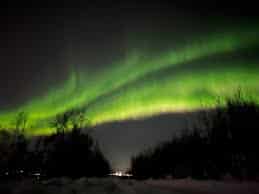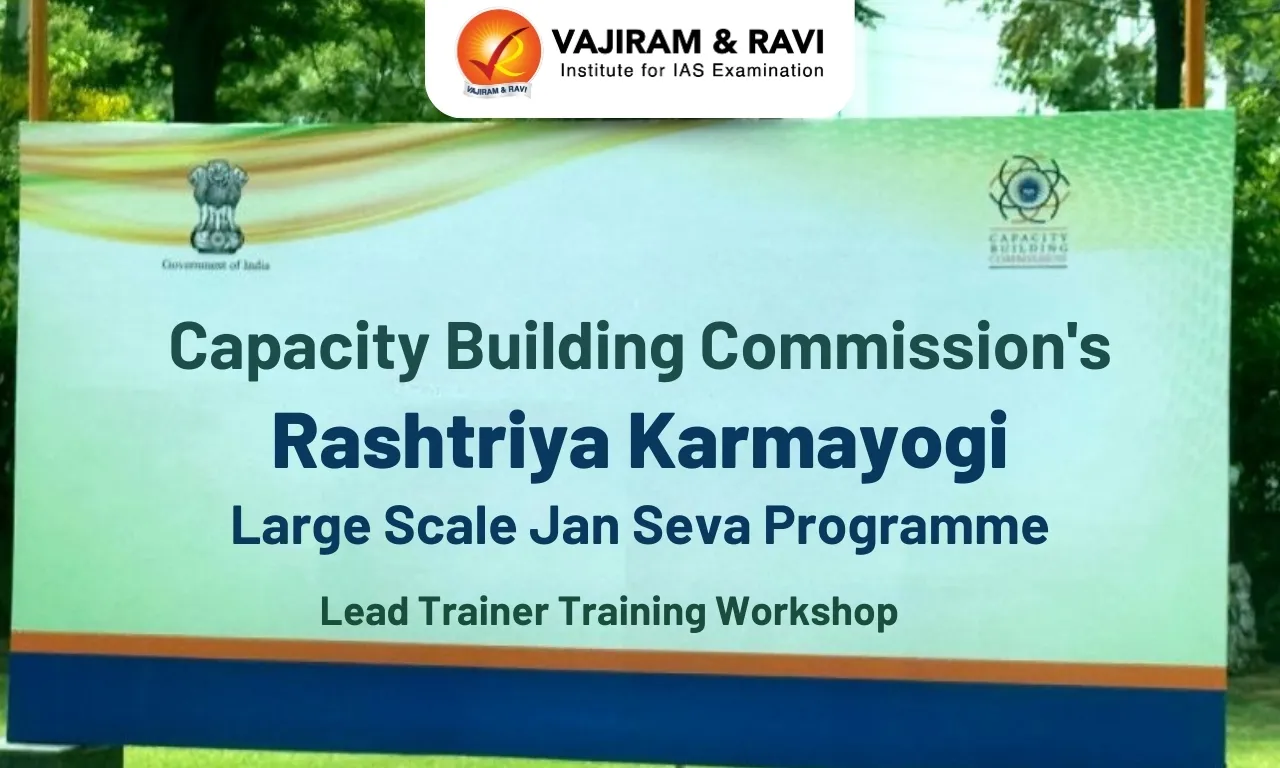About Auroras:
- How is it formed? The sun is ejecting charged particles from its corona, creating solar wind. When that wind slams into Earth’s ionosphere, the aurora is born.
- In the Northern Hemisphere, the phenomenon is called the northern lights (aurora borealis), while in the Southern Hemisphere, it’s called the southern lights (aurora australis).
- The hemispheric asymmetry of the aurora is due in part to the sun’s magnetic field interfering with Earth’s magnetic field.
- The usually observed green and red auroras happen between 100 kilometres and 250 kilometres above the surface of the planet due to an excited state of atomic oxygen.
What is Carbon Dioxide Aurora?
- When charged particles crash into the planet’s atmosphere, they interact with many different atoms and molecules. Carbon dioxide is one of them.
- While the gas is known for acting as a greenhouse gas due to its presence in the lowest part of the atmosphere, trace parts of carbon dioxide also exist in the atmosphere at the edge of space.
- When carbon dioxide molecules about 90 kilometres above Earth become excited during an aurora, they emit infrared radiation.
- This leads to more infrared radiation than is typically observed in the planet’s atmosphere.
Q1) What is Sun’s corona?
The Sun’s corona is the outermost layer of the Sun’s atmosphere, extending millions of kilometers into space. It is visible as a halo of light during a total solar eclipse or with specialized instruments, such as coronagraphs, that block out the bright disk of the Sun. The corona is composed of extremely hot, ionized gas or plasma.
Source: Satellites capture auroras associated with carbon dioxide
Last updated on February, 2026
→ UPSC Notification 2026 is now out on the official website at upsconline.nic.in.
→ UPSC IFoS Notification 2026 is now out on the official website at upsconline.nic.in.
→ UPSC Calendar 2026 has been released.
→ Check out the latest UPSC Syllabus 2026 here.
→ Join Vajiram & Ravi’s Interview Guidance Programme for expert help to crack your final UPSC stage.
→ UPSC Mains Result 2025 is now out.
→ UPSC Prelims 2026 will be conducted on 24th May, 2026 & UPSC Mains 2026 will be conducted on 21st August 2026.
→ The UPSC Selection Process is of 3 stages-Prelims, Mains and Interview.
→ Prepare effectively with Vajiram & Ravi’s UPSC Prelims Test Series 2026 featuring full-length mock tests, detailed solutions, and performance analysis.
→ Enroll in Vajiram & Ravi’s UPSC Mains Test Series 2026 for structured answer writing practice, expert evaluation, and exam-oriented feedback.
→ Join Vajiram & Ravi’s Best UPSC Mentorship Program for personalized guidance, strategy planning, and one-to-one support from experienced mentors.
→ UPSC Result 2024 is released with latest UPSC Marksheet 2024. Check Now!
→ UPSC Toppers List 2024 is released now. Shakti Dubey is UPSC AIR 1 2024 Topper.
→ Also check Best UPSC Coaching in India






















